Understanding Disorderly Person Offenses and the Role of a Disorderly Person Lawyer in NJ
Disorderly offenses in New Jersey are categorized as relatively low-level offenses but still carry significant legal consequences. Understanding what disorderly person offenses entail and the role of a disorderly person lawyer in NJ is essential for anyone facing such charges or seeking to comprehend the workings of the state’s legal system.
Here’s a comprehensive overview of disorderly person offenses and the important role that a disorderly person lawyer in NJ plays in protecting their rights.
Defining Disorderly Person Offenses
Disorderly person offenses are a category of criminal offenses that fall below the level of indictable crimes.
These offenses are governed by New Jersey Statute 2C:33-2, which defines disorderly conduct as improper behavior that disturbs the peace and order of the community. These offenses can include:
Simple Assault
Involves causing or attempting to cause bodily injury to another person or negligently causing bodily injury with a deadly weapon.
Trespassing
Illegally entering or remaining on someone else’s property without permission. A disorderly person lawyer in NJ can be particularly useful in this regard.
Shoplifting
The act of intentionally taking merchandise from a store without paying for it, with the intent to permanently deprive the owner of the item.
Criminal Mischief
Involves intentionally damaging or tampering with another person’s property, such as vandalism or graffiti.
Resisting Arrest
Refusing to comply with a lawful arrest or attempting to prevent a law enforcement officer from making an arrest.
The Role of a Disorderly Person Lawyer in NJ
Given the consequences associated with disorderly person offenses, seeking legal representation is imperative. A disorderly person lawyer in NJ plays a prominent role in defending the interests of the accused:
Legal Expertise
A lawyer possesses a deep understanding of New Jersey’s criminal laws, procedures, and court systems. They can provide valuable guidance on the legal process.
Case Assessment
A lawyer will assess the details of the case, including the evidence against the defendant, the circumstances of the arrest, and any potential violations of the defendant’s rights.
Negotiation Skills
Lawyers are skilled negotiators who can engage with prosecutors to seek reduced charges, plea bargains, or diversion programs that may minimize the impact of a conviction.
Trial Representation
If the case goes to trial, a disorderly person lawyer will provide representation in court, presenting evidence, cross-examining witnesses, and arguing legal points on behalf of the defendant.
Defense Strategy
Based on their analysis, a disorderly person lawyer in NJ will develop a defense strategy aimed at achieving the best possible outcome for the client.
Record Expungement
In some cases, a lawyer can assist clients in the process of expunging (removing) their criminal records, helping them move forward with a clean slate once eligible.
Protection of Rights
Lawyers ensure that their client’s rights are protected throughout the legal process, guarding against constitutional or procedural rights violations.
End Note
It is imperative to recognize that everyone is entitled to a fair defense. Disorderly person lawyers in NJ are not just legal practitioners; with their guidance, those facing disorderly person charges can find a path toward resolution.
Seek the counsel of a seasoned disorderly person lawyer at Krompier Law. With years of experience in our pockets, we can provide you with the best legal counsel for the best case outcome.

